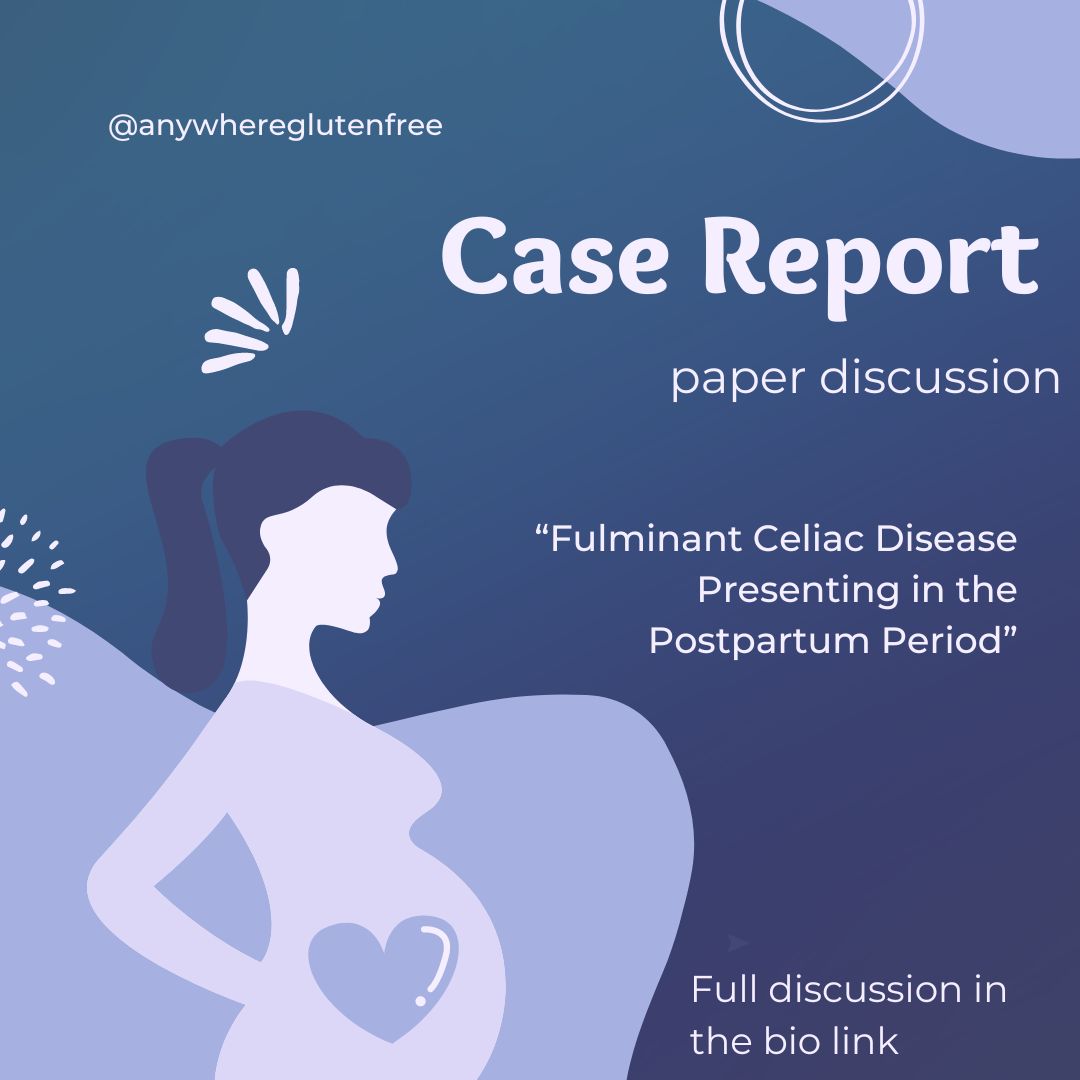Hi dear celiac,
Today I came across this paper: Duodenal biopsies fro the diagnosis of coeliac disease: are we adhering to current guidance? It was published online 17 of May, so it’s really hot!
I will tell you how I was diagnosed and the importance of biopsy.
When I took the blood test to check if I was celiac, I was strongly positive to all antibodies. I did not want to accept my condition so I asked for a duodenal biopsy to confirm and also to check how bad was my duodenum. The doctors said “NO! You don’t need a biopsy, you already know you are celiac.” After begging a lot, they accepted and when the result came it was SHOCKING.
I have no “classical” symptoms. I have been always anemic although I eat really well (friends, family, doctors always blaming my vegetarian diet). If my mom was not celiac, I am sure NO DOCTOR at Brazil would consider that could be celiac. One thing that called my attention in Ireland was that a doctor said it’s routine to investigate celiac disease if the patient is anemic. Which is great and makes sense however, there is a chance of false negative and it is not new that biopsy is extremely important (check here for more details).
After a year being diagnosed and taking care of my food intake I told the doctor that I would like to have a biopsy to check if my duodenum recovered. Strikingly, she said “no, you don’t need to have another biopsy, just continue to take care of yourself! Do you feel anything strange?” I went MAD! Since I stopped eating gluten, to be sincere, I feel NO DIFFERENCES at all – of course, I never had symptoms to start with! The only way to check if my celiac is controlled is through biopsy.
The GP didn’t referred me to do biopsy, but in the hospital I had a serious conversation with the gastroenterologist and I heard the most absurd thing ever:
“Here in Dublin we only do ONE biopsy in a celiac patient, but I worked before at other hospital (other city) and there the patients always had a second biopsy to see how was the recovery. I think here they don’t take celiac disease as serious as they should”. So he finished “I’ll ask my boss if he allows me to do the biopsy…”. In the end I had my second biopsy however, I’m pretty sure that his boss said NO but this doctor added my name to the waiting list.
The result came. The writings and details were different from the first one. Didn’t specify any Marsh, said “there is a huge improvement since the last biopsy” but high numbers of lymphocytes in the area (+-28 in 100) – which I personally consider a lot – (check table 1 at this publication)
My first biopsy results specify the Marsh (my first one was Marsh IIIb – really BAD) however, didn’t specify the lymphocytes number and the number of biopsy specimens taken. The second biopsy was done by another doctor. Didn’t specify any Marsh but added the lymphocyte number but didn’t add the specimen taken. Now comes the question: was done on purpose because the information doesn’t matter or there is no specific guidance being followed?
That’s why I really liked this paper showing the importance of following the “currently considered ideal” guidance. I was easily diagnosed maybe because my antibodies were high and the damage in my duodenum was serious, but imagine someone in a different situation as me. The paper shown that taking more than 4 biopsy specimens of the duodenum of the patients in their hospital increased the diagnostic of celiac disease from 3.5% to 7.6%! I just keep thinking of other hospital how many people are undiagnosed just because the quantity of biopsy specimens are low. #unbelievable



Leave A Comment
You must be logged in to post a comment.